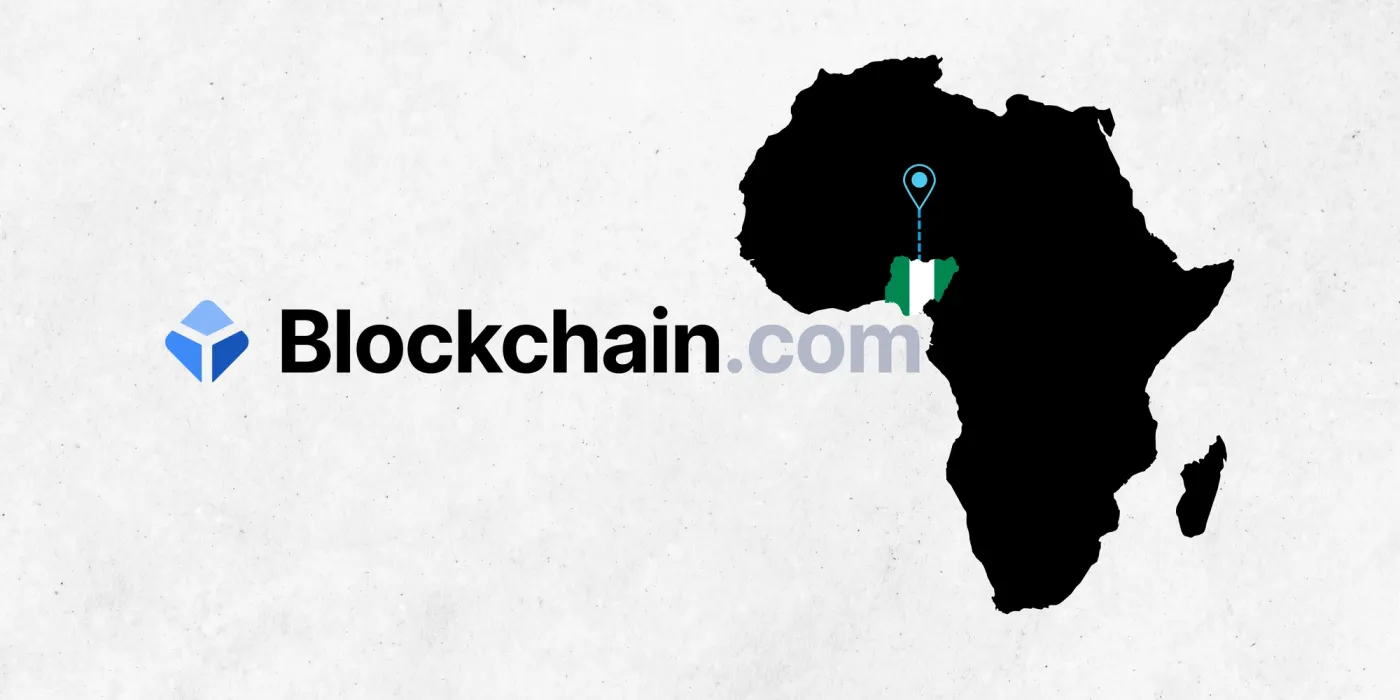In a move to capitalise on Africa’s booming digital economy, Visa has launched its first-ever data centre in Johannesburg, South Africa, marking a key step in its commitment to the continent’s financial future.
With an R1 billion ($57 million) investment over the next three years, Visa is positioning South Africa as a digital finance hub, enhancing its global VisaNet network and driving financial inclusion across Africa.
Why Johannesburg? The Heart of Africa’s Digital Growth
Johannesburg, often hailed as Africa’s economic powerhouse, is the ideal location for Visa’s first African data centre.
South Africa leads the continent in digital innovation, with over 60% of in-person transactions now contactless, according to Michael Berner, Visa’s Head of Southern and East Africa.
This new facility, one of only a few outside Visa’s core locations in the U.S., UK, and Singapore, signals the company’s confidence in the region’s potential.
The data centre will:
- Enhance VisaNet’s capabilities: Process over 100 billion transactions annually across 200 countries with reduced latency for African users.
- Support local data laws: Ensure compliance with South Africa’s enforced data localisation requirements.
- Serve as a launchpad: Act as a hub for innovative payment solutions, including digital wallets, e-commerce, and AI-driven payment technologies.
“South Africa is a digital innovator and leader on this continent. This data centre will be a springboard for solutions across Africa,” said Lineshree Moodley, Visa’s country manager for South Africa.
READ ALSO:How Aminata Kane’s Leadership Will Shape Visa’s Future in Africa
A Strategic Investment in Africa’s Digital Future
Visa’s R1 billion investment is part of a broader $1 billion commitment to Africa over five years, announced in 2022.
This strategic move aligns with the continent’s projected $1.5 trillion digital payments market by 2030, driven by rapid internet penetration and financial inclusion efforts, according to a 2025 Mastercard-commissioned report by Genesis Analytics.
Key initiatives include:
- Job creation: Supporting entrepreneurs, SMEs, and female leaders through financial literacy programs and employment opportunities.
- Fintech partnerships: Collaborations with African fintechs like Interswitch, MoniePoint, and ThriveAgric to expand digital payment access, including for smallholder farmers.
- Infrastructure development: Strengthening South Africa’s digital ecosystem to support real-time commerce and innovations like generative AI-enabled payments.
What Sets This Data Centre Apart?
Unlike other data centres, Visa’s Johannesburg facility is tailored to meet Africa’s unique needs:
- Security and reliability: Built to process transactions securely within South Africa’s borders, ensuring resilience and compliance.
- Scalability: Designed to handle the continent’s growing digital payment demands, with plans to expand its reach across the region.
- Sustainability: While specific details on eco-friendly features are undisclosed, Visa’s global standards prioritise energy-efficient operations, aligning with industry trends like those seen in Equinix’s sustainable data centres.
The Bigger Picture: Africa’s Data Centre Boom
Visa’s entry into Johannesburg joins a wave of tech giants investing in South Africa’s data centre market, projected to reach $3.2 billion by 2027 with an 11.15% CAGR.
Companies like Google, Microsoft, Amazon Web Services, and Equinix have also expanded their footprints, recognising South Africa’s role as a connectivity hub with its extensive submarine cable network.
However, challenges remain. South Africa’s power outages pose a challenge, with operators like Teraco relying on solar and backup generators to maintain uptime.
Visa’s facility, though, is set to leverage Johannesburg’s robust infrastructure to ensure seamless operations.
Why This Matters for Africa
The Johannesburg data centre isn’t just about faster transactions; it’s about empowering communities.
By processing transactions locally, Visa reduces latency, enhances security, and supports financial inclusion for underserved populations.
Initiatives like the Visa Fintech Accelerator and the She’s Next program will further drive innovation and empower women entrepreneurs across the continent.
“This investment reflects our commitment to the long-term potential of South Africa and its economy,” said Michael Berner.
READ ALSO:Scale Faster, Go Further: Visa Africa Fintech Accelerator Opens Applications
What’s Next for Visa in Africa?
Visa’s Johannesburg data centre is just the beginning. The company plans to launch a second African data centre in Nigeria, building on its $200 million equity stake in Interswitch and partnerships with local fintechs.
These efforts signal Visa’s ambition to shape Africa’s digital payments landscape, from urban hubs to rural communities.
As Africa’s digital economy accelerates, Visa’s investment is a testament to the continent’s growing importance in global finance.
Want to stay updated on the latest in digital payments and fintech? Subscribe to our newsletter for exclusive insights delivered straight to your inbox.
Ronnie Paul is a seasoned writer and analyst with a prolific portfolio of over 1,000 published articles, specialising in fintech, cryptocurrency, and digital finance at Africa Digest News.







Leave a Reply